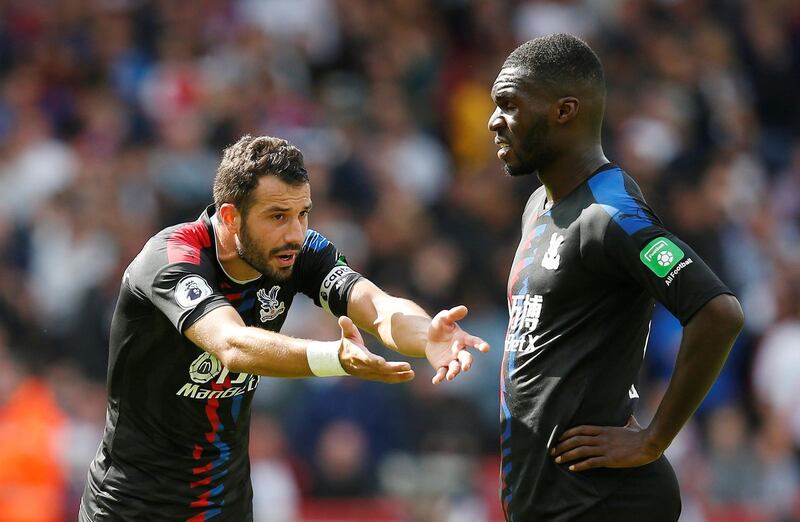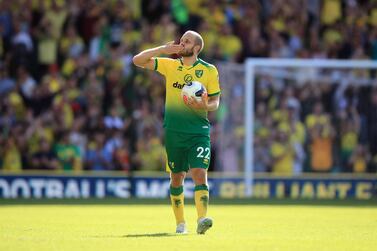In an environment when catching the best can feel impossible, clubs can be competing with their past, looking for improvement in the context of their own performances. In that framework, Crystal Palace have kicked on. They are already a point better off than they were at this stage of the previous two campaigns. Or, to put it a less flattering way, they have a solitary point.
Palace's past can serve as a form of security. They invariably surge into mid-table, usually with a high-speed win or two over a top team, some devastating counter-attacking, some less thrilling examples of Roy Hodgson's ability to configure a defence and a few away wins. Few are less likely to over-react to a slow start than Hodgson and both his and the club's record suggests that approach is justified. Palace may have been underwhelming in drawing with Everton and unimpressive while losing to Sheffield United, but they have still taken more points than Chelsea in 2019.
So safety beckons. Or does it? Because Palace’s idiosyncratic formula scarcely feels failsafe. They are over-reliant on the mercurial brilliance of Wilfried Zaha, whose motivation may be questioned after his attempts to leave in the summer. Yet Zaha’s menace is rarely reflected on the scoresheet and Christian Benteke went from a guarantee of goals for a lower-half team to a player with just four in two seasons and a marked lack of confidence. Palace made the odd decision to sign Jordan Ayew after an unsuccessful loan spell and, given the lack of potency in their forward line, they often use wingers as strikers and look dependent on the penalty-taking defensive midfielder Luka Milivojevic for goals.
They did not replace Aaron Wan-Bissaka, nor spend much of the proceeds of his £45 million (Dh200m) move to Manchester United. They have ploughed an increasingly odd furrow in the transfer market of late, stockpiling players in some positions, seeming short in others.
At the end of the transfer window, they required a right-back and a striker. They instead signed a fifth centre-back, in Gary Cahill, and fifth and sixth central midfielders, in James McCarthy and Victor Camarasa. Good players all, and if the marginalisation of Cahill and McCarthy at Chelsea and Everton respectively made two whose quality had kept them out of Palace’s reach available and attainable, none should have been the top priority.
But then it is tempting to wonder what, besides more of the same, Palace’s aim actually is. Wan-Bissaka’s sale robbed them of their youngest regular and, along with Zaha, one of only two players who would command a huge fee. Hodgson’s preference for experience is reflected in their squad. Only Watford have used an older group thus far and Palace’s age profile represents a ticking time bomb. It is not critical yet, but by 2021, Milivojevic, Benteke, McCarthy, Andros Townsend, Mamadou Sakho, Martin Kelly, Joel Ward and Patrick van Aanholt will have joined the substantial contingent of thirty-somethings.
Hodgson turned 72 this month and if his record at Selhurst Park shows his competence is undiminished by the passing of time and if it would be ageist to dismiss him on grounds of his birth certificate, Palace seem to lack a long-term strategy, the oldest manager and the second oldest squad postponing thoughts of rejuvenation and renewal.
The chances are that they will enjoy another groundhog season, those August stumbles giving way to better form as the campaign progresses. The lack of a striker will not matter, nor the way Palace are neglecting the future. Yet the danger is that the eventual comfort of the last two years breeds complacency and that the obvious gaps in Palace’s squad and thinking expose wider, deeper problems in the present.







